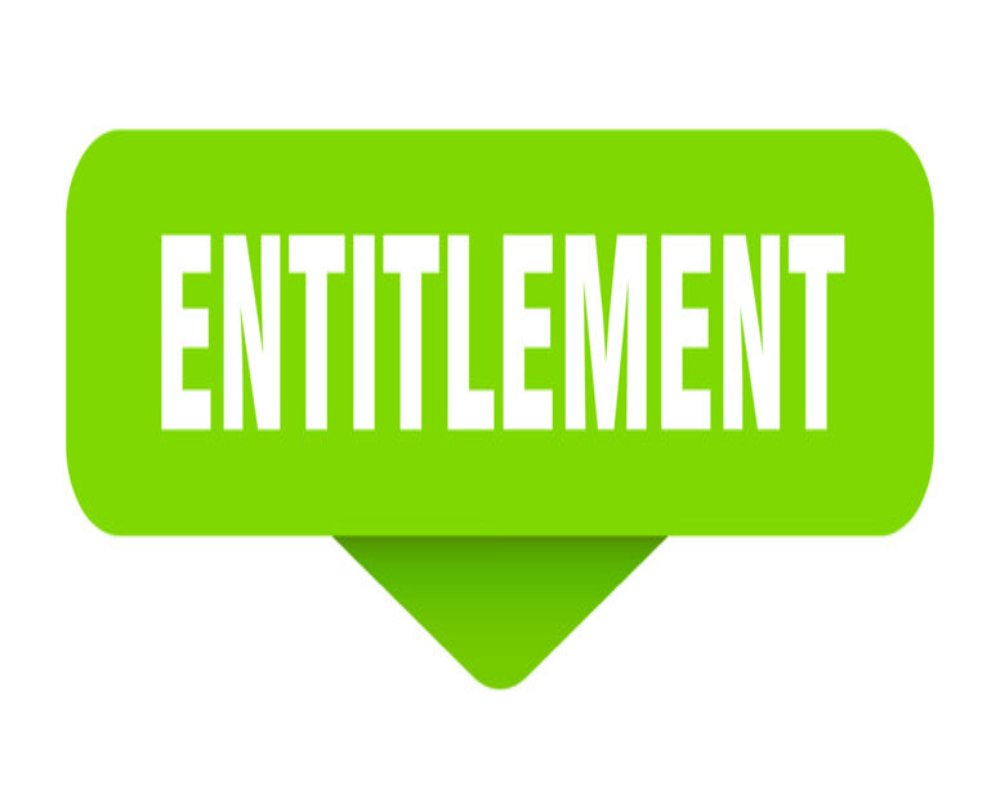Before beginning construction on an industrial, commercial, or specialized site, a developer must complete a range of entitlement processes—legal, regulatory, and planning-related approvals that grant the right to develop a property for a specific use. These entitlements vary by jurisdiction but generally follow a structured sequence to ensure compliance with zoning, environmental, infrastructure, and community requirements.
1. Land Use and Zoning Approvals
- Zoning Verification: Confirm that the proposed use (e.g., manufacturing, warehousing, hazardous materials storage) is allowed under current zoning laws.
- Rezoning or Land Use Change (if required): If not permitted by current zoning, apply for rezoning, which may include public hearings and planning commission reviews.
- Conditional Use Permits (CUP): For specialized or high-impact uses, a CUP is required to obtain permission under the existing zoning category.
- Site Compatibility Clearance: Must be obtained from local planning departments to ensure land use aligns with municipal or regional master plans.
2. Environmental and Regulatory Clearances
- Environmental Impact Assessment (EIA): Mandatory for medium to large-scale or polluting projects. Requires submission of baseline studies, risk analysis, and mitigation plans.
- Environmental Clearance (EC): Approval from the relevant state or central environmental authorities based on the EIA findings.
- Consent to Establish (CTE): Issued by the local Pollution Control Board, authorizing the setup of industrial units based on proposed emissions, waste, and water use.
- Heritage, Forest, or Wetland Approvals (if applicable): Special approvals are required if the site affects ecologically or culturally sensitive areas.
3. Infrastructure and Utility Approvals
- Building Plan Approval: Submission of detailed architectural, structural, and engineering drawings to municipal or industrial authorities for sanction.
- Water and Sewerage Connection Permits: Clearance for tapping into municipal or industrial water supply and wastewater discharge systems.
- Power Supply Approval: Application for load sanction and transformer installation, especially for high-consumption industrial sites.
- Access and Road Development Permits: Approvals for internal roads, driveways, and road-widening if access to public infrastructure is impacted.
4. Construction-Related Permits and Licenses
- Development Permit / Commencement Certificate: Final legal approval to begin physical construction, issued only after all zoning and environmental conditions are satisfied.
- Fire Safety No Objection Certificate (NOC): Required from local fire departments, based on fire protection layouts, hydrant placement, and emergency exit plans.
- Factory License (if applicable): For manufacturing sites, the license under the Factories Act is mandatory before occupancy and commissioning.
- Stormwater and Drainage Approvals: Ensures the site has proper stormwater discharge plans and won’t impact neighboring plots or roads.
5. Community and Legal Compliance Requirements
- Public Hearing and Stakeholder Engagement: Required for large, sensitive, or environmentally impactful projects; includes responses to community objections.
- Land Title and Mutation Verification: Ensures legal ownership and transfer of rights, including any changes in land classification or subdivision.
- Right of Way and Easement Agreements: Must be secured for shared infrastructure like pipelines, cables, or utility access that passes through third-party land.
- Insurance and Indemnity Coverage: Most jurisdictions require proof of construction risk insurance and liability indemnity before beginning work.




